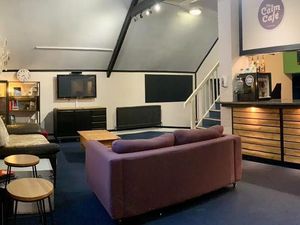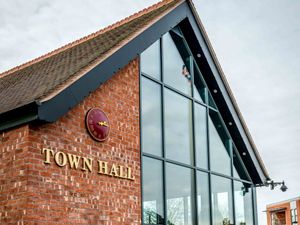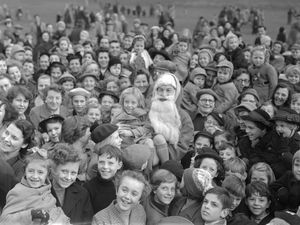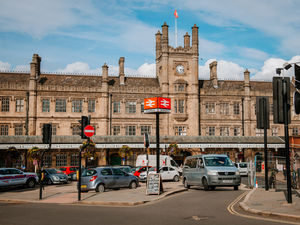Inquest told Nimrod had fault
A spy plane which crashed in Afghanistan killing 14 servicemen, including an ex-Shropshire man, should not have been passed safe to fly, an inquest has heard.
A spy plane which crashed in Afghanistan killing 14 servicemen, including a former Shropshire man, should not have been passed safe to fly due to a "fundamental flaw" in the aircraft fleet's design, an inquest has heard.
Air Commodore George Baber admitted mistakes were made during a hazard assessment which could have identified the fault that caused the explosion which downed the ageing Nimrod plane. He said had they known then what they knew now the Nimrod fleet would not have been deemed airworthy.
The hearing at Oxford Coroner's Court had previously been told the tragedy was caused by fuel leaking into a dry bay and igniting on contact with a hot air pipe.
The air commodore said having fuel couplings in the same compartment as a hot air pipe was a "fundamental design flaw".
The 37-year-old Nimrod exploded just minutes after air-to-air refuelling, near Kandahar, on September 2, 2006. Among the victims was Flight Sergeant Gerard Bell, 48, formerly of Brookside, Telford.
Air Commodore Baber said, as head of the Integrated Project Team, who together with BAE systems carried out a comprehensive hazard analysis of the Nimrod plane, he was responsible for deciding whether it was airworthy.
He said he was conscious that the Nimrod was due to go out of service in 2008 but denied he was under pressure to spend less money on the hazard analysis as a result.
The hearing continues.




